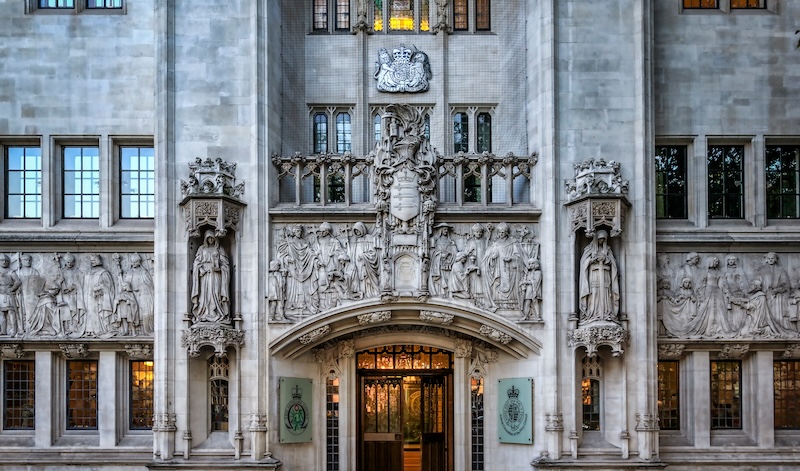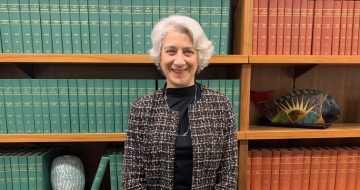Part of a wider set of proposals by an independent body
 The Supreme Court could soon find itself handling more criminal appeal cases if the Law Commission’s latest proposals receive the green light.
The Supreme Court could soon find itself handling more criminal appeal cases if the Law Commission’s latest proposals receive the green light.
Unveiled this week, the Law Commission’s proposed reforms aim to make the criminal appeals system in England and Wales more accessible. One of the more eye-catching proposals is to remove the current requirement that an appeal must involve a “question of law of general public importance” before it can be heard by the Supreme Court.
This change would give the UK’s highest court the power to decide which cases it hears, potentially paving the way for more criminal matters to reach its doors.
Currently, only cases deemed to involve significant legal questions make it to the Supreme Court. By taking away the need for the Court of Appeal’s certification, the Law Commission could be opening the gates for more appeals to be considered at the highest judicial level.
Professor Penney Lewis, the Commissioner for Criminal Law at the Law Commission, highlighted the importance of these changes by pointing to the Post Office scandal, where faulty accounting software led to wrongful convictions.
She said:
“The criminal appeals system serves a crucial function in society. It not only ensures that miscarriages of justice are corrected but that the criminal law is applied consistently and predictably. As the Post Office scandal has demonstrated, anyone can be a victim of a miscarriage of justice. Our proposals seek to ensure that those who are wrongly convicted can effectively challenge their convictions.”
See the Commissioner’s full statement here:
The consultation paper also outlines other changes, including extending time limits for lodging appeals. The proposals include expanding the Unduly Lenient Sentence scheme to include offences such as death by careless driving and animal cruelty. They also suggest adjusting the test for compensation for wrongful convictions, making it easier for those who can prove their innocence on the balance of probabilities to receive compensation — rather than the current standard of proving innocence beyond reasonable doubt.
The Law Commission is inviting feedback on these proposals, with the consultation set to close on 30 May.
 (
( (
(

